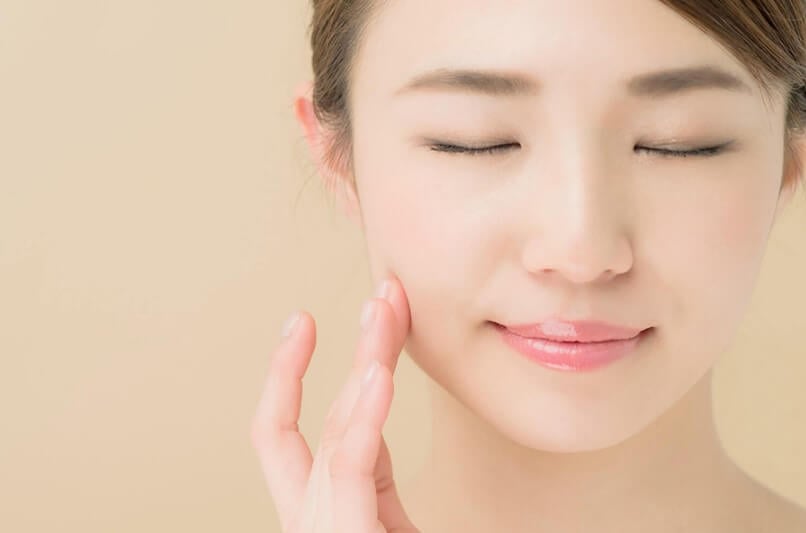Sensitive skin is a condition where the skin is easily irritated by external factors, often manifesting as redness, itching, burning, or stinging sensations. Anyone can experience sensitive skin, regardless of gender, but it may be more common in women due to hormonal fluctuations and differences in skin structure.
**Causes of Sensitive Skin:**
– Genetics: Some people may have sensitive skin due to hereditary factors.
– Environment: Pollution, harsh weather conditions, or irritating chemicals in skincare products.
– Medical Conditions: Skin conditions such as eczema, atopic dermatitis, or rosacea.
– Lifestyle: Stress, lack of sleep, and an unhealthy diet.

Sensitive skin can affect anyone, but it may be more prevalent in women.
**Proper Sensitive Skin Care:**
To care for sensitive skin, it’s crucial to choose suitable products for your skin type and follow a proper skincare routine. Use an unscented, mild cleanser and warm water to wash your face. Don’t forget to moisturize with a hypoallergenic, fragrance-free moisturizer to keep your skin hydrated.
Always apply sunscreen with an SPF of 30 or higher to protect your skin from UV damage. Before using any new skincare product, perform a patch test on a small area of skin to check for reactions.
Some essential oils can irritate sensitive skin. If you wish to use them, dilute the essential oil with a carrier oil and perform a patch test before applying it to your face.
Hot water can dehydrate and dry out sensitive skin, leading to irritation. Opt for warm water when bathing and limit your exposure to water.

Hot water can dehydrate and irritate sensitive skin. Choose warm water and limit water exposure.
Choose products that are specifically formulated and certified for sensitive skin. If your sensitive skin symptoms persist, worsen, or do not improve with home care, consult a dermatologist for professional advice.
Following the correct skincare routine ensures that your skin receives the full benefits of the products. As a result, your skin becomes healthier. That’s why many experts emphasize the importance of a basic skincare routine.







































